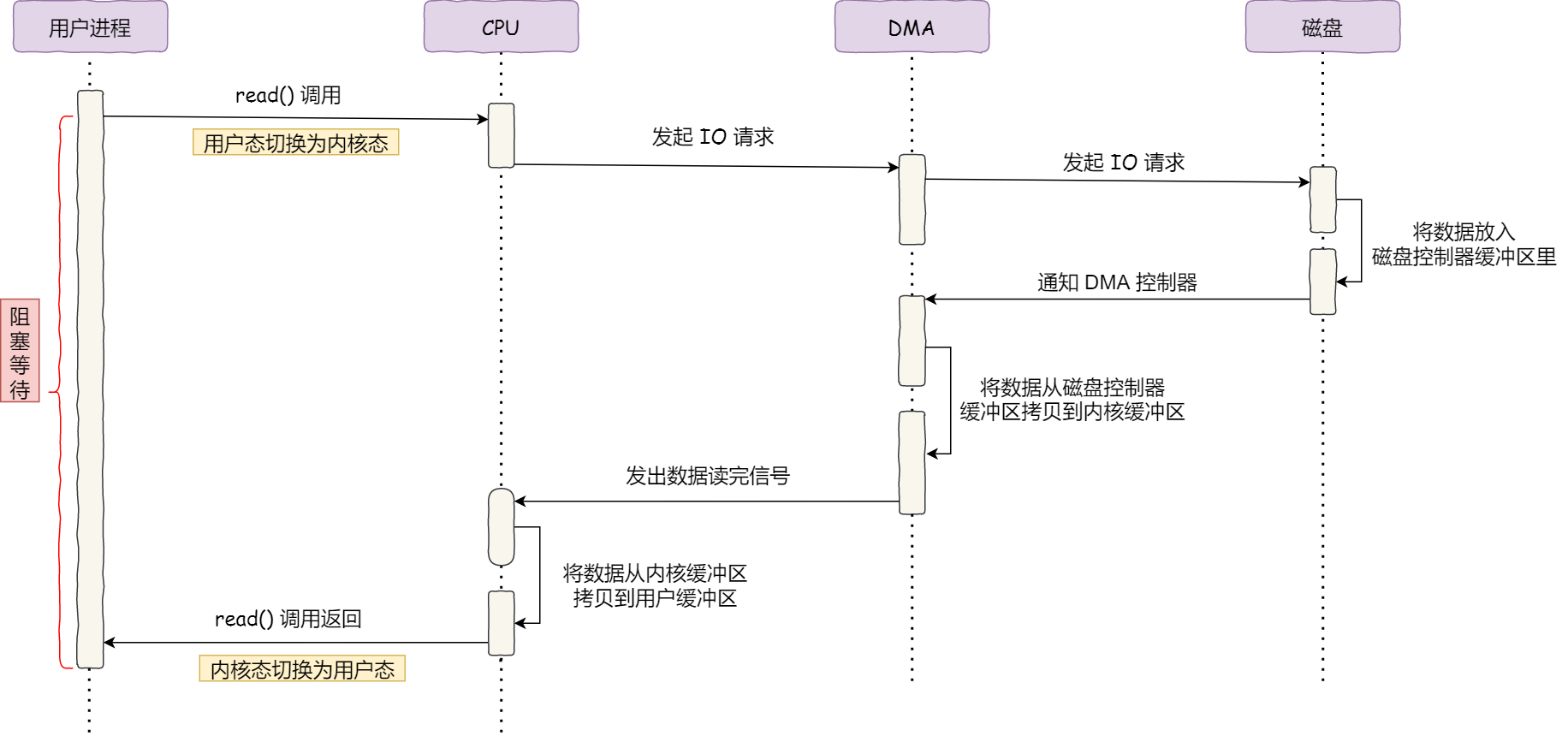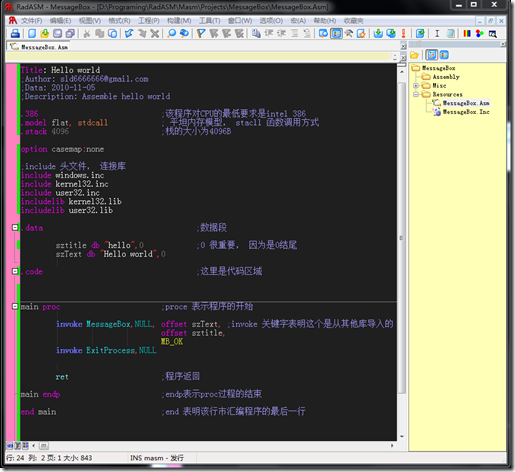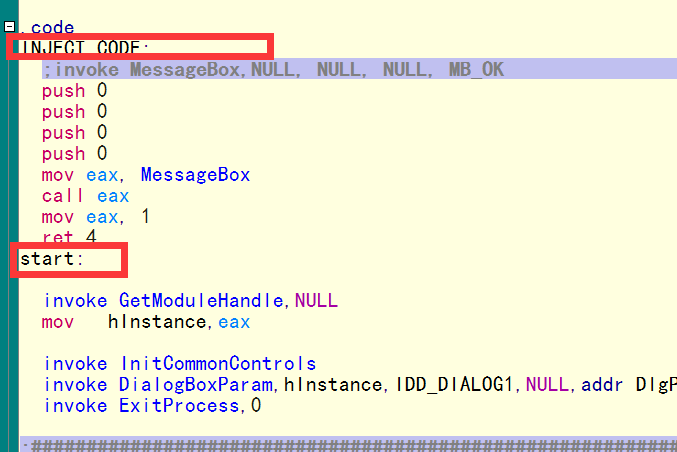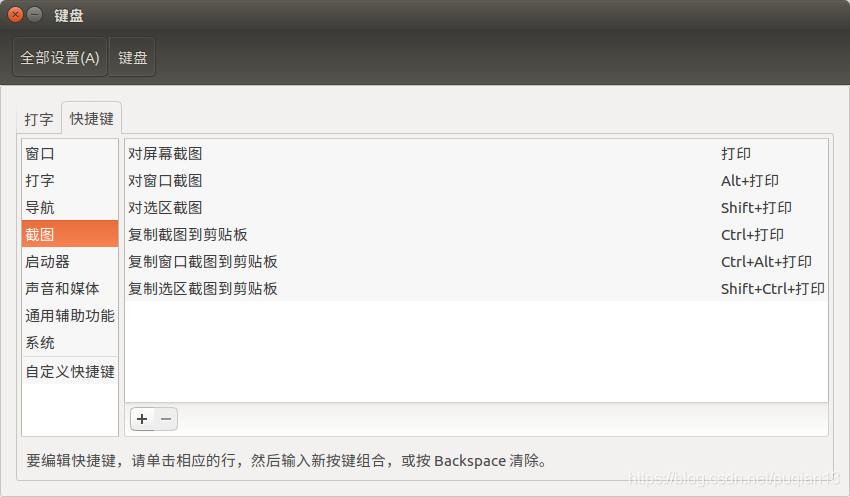利用Random类来产生5个20~ 50之间的随机整数。
提示: Random.nextInt(方法的作用是生成一个随机的int值 ,该值介于[0,n)的区间,也就是0到n之间的随机int值,包含0而不包含n。
方法1:int nextInt(int n)
import java. util. Random;public class Example1 {public static void main(String[] args) {Random random=new Random( );for(int i=0; i<5; i++) {int num=20+random.nextInt(31);System.out. println(num);}}}
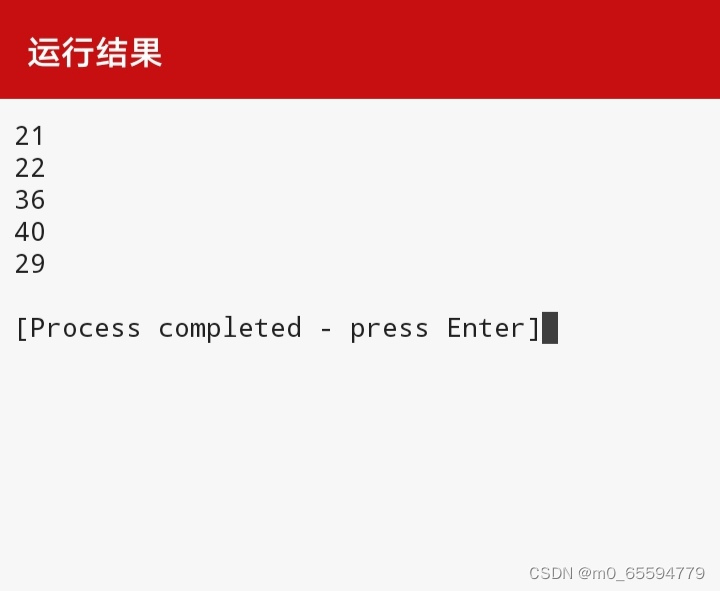 方法2: double next Double()
方法2: double next Double()
import java.util.Random;public class Example {public static void main(String[] args)throws IllegalArgumentException{for(int i=0; i<5; i++) { System.out.println(getRandomNumberInRange(20,50));}}private static int getRandomNumberInRange(int min,int max)throws IllegalArgumentException{if(min>=max) {throw new IllegalArgumentException("max must be greater than min");}Random random=new Random();return (int)(random.nextDouble()*(max-min)+1)+min;}}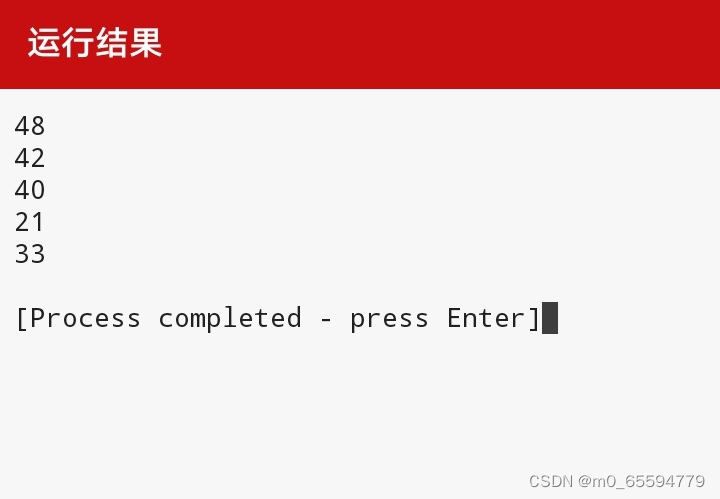
其它:
import java. util. Random;public class Example1 {public static void main(String[] args) {Random random=new Random( );for(int i=0; i<5; i++) {double num=20+31*random.nextDouble();System.out. println((int)num);}}}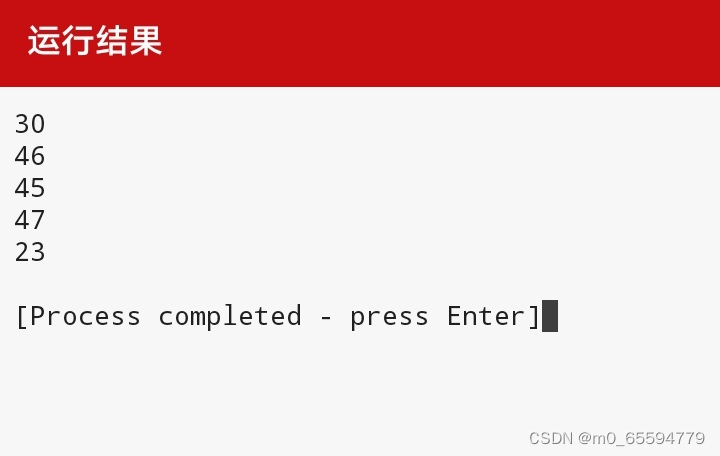

方法3:Math. random()
import java.util.Random;public class Example {public static void main(String[] args)throws IllegalArgumentException{for(int i=0; i<5; i++) { System.out.println(getRandomNumberInRange(20,50));}}private static int getRandomNumberInRange(int min,int max)throws IllegalArgumentException{if(min>=max) {throw new IllegalArgumentException("max must be greater than min");}// Random random=new Random();return (int)(Math.random()*(max-min)+1)+min;}}


